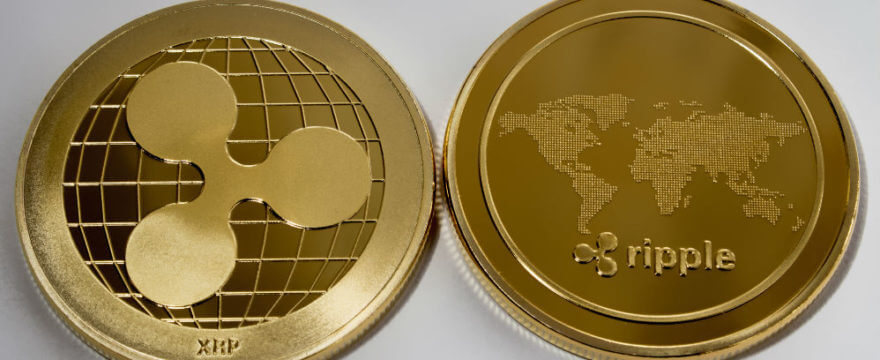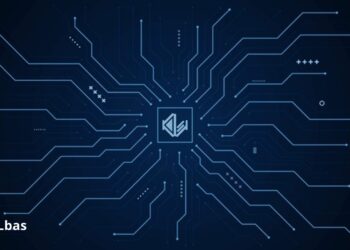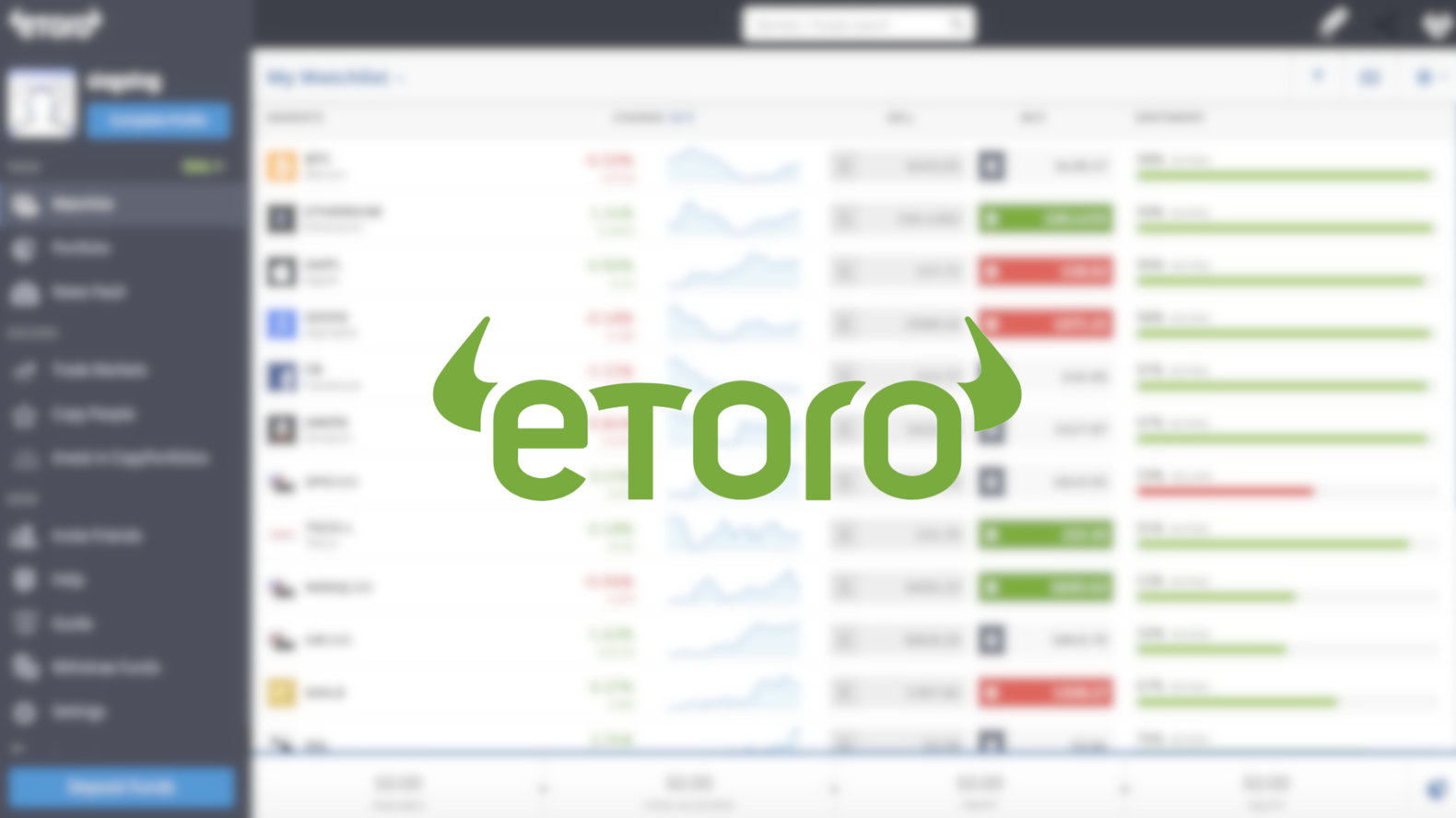As part of its quest for increased adoption of XRP, Ripple has injected an investment worth $750,000 into BRD, a digital currency wallet provider. Formerly known as Bread, BRD will now access the XRP Ledger, allowing the easy incorporation of XRP into its wallet platforms as available both on the iOS and Android mobile operating systems.
Currently, BRD has a large enough customer base of at least 2.5 million spread across about 170 countries. Its top markets with the highest concentration of transactions and users include Japan, Germany, Australia, the U.S., the U.K., and Canada.
According to BRD CEO and co-founder Adam Traidman, the partnership with Ripple is beneficial because it allows the company to expand its reach to an already large community of XRP users. Traidman also hopes to attract XRP users by making transactions on XRP as seamless as possible. He said:
“It is our plan to have BRD be the cheapest and easiest place to buy XRP moving forward.”
The investment was facilitated through Xpring, Ripple’s initiative for the investment, incubation, and acquisition of firms that either already support XRP or are looking to do so.
Xpring Senior Vice President, Ethan Beard, has also described BRD as “an ideal partner” because the crypto wallet provider so far, has been able to handle fiat to crypto transactions worth up to $6 billion. Beard believes that the BRD platform will aid Ripple’s problem-solving aim.
Before now, BRD had successfully raised $32 million in its 2017 initial coin offering (ICO) for the company’s BRD tokens. It later pulled in $1 million in a funding round and another $15 million Series B funding round in January this year, led by SBI Holdings.
In total, BRD has received $56 million. Traidman has said the Ripple investment might be the last in a while as the company is focused on a project that will be largely beneficial to “crypto developers and large financial enterprises.”
The BRD wallet already supports Bitcoin (BTC), Ether (ETH), Bitcoin Cash (BCH) and more than a few ERC-20 tokens. The wallet is also completely non-custodial, giving users the power to retain full control of their holdings, all “without providing any personal information.”


















